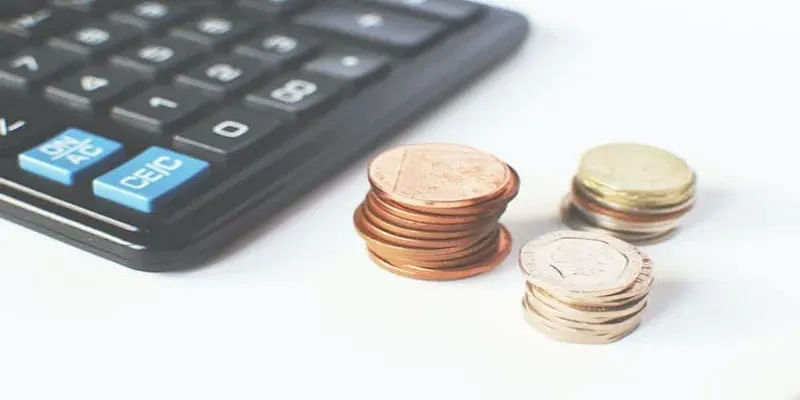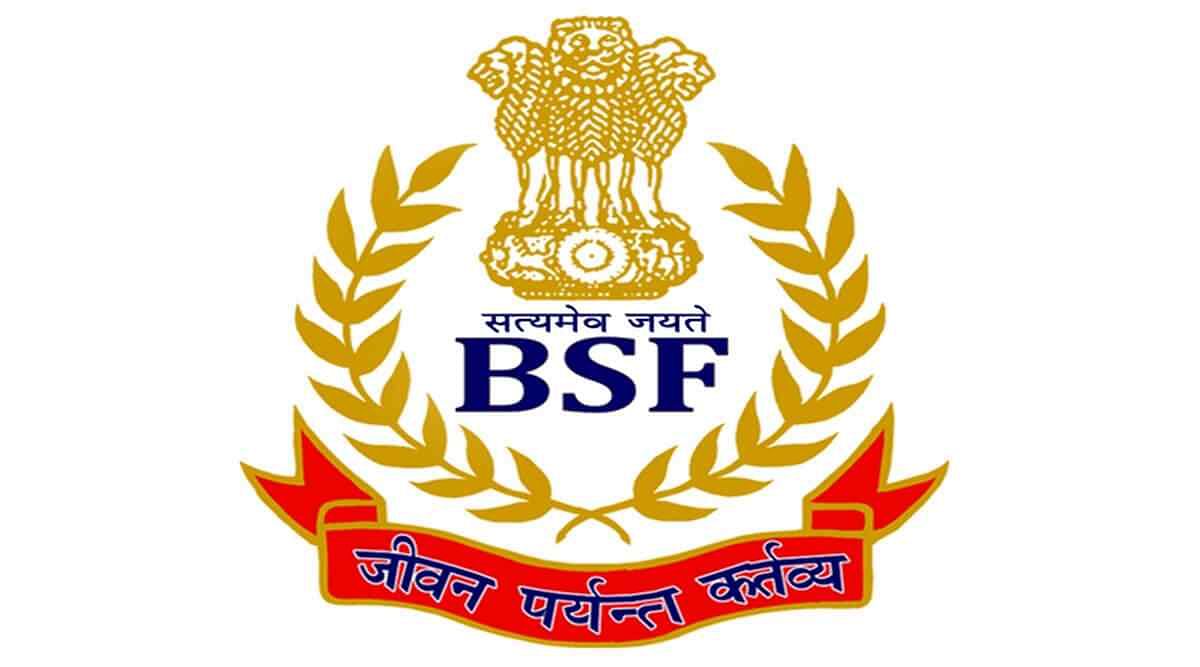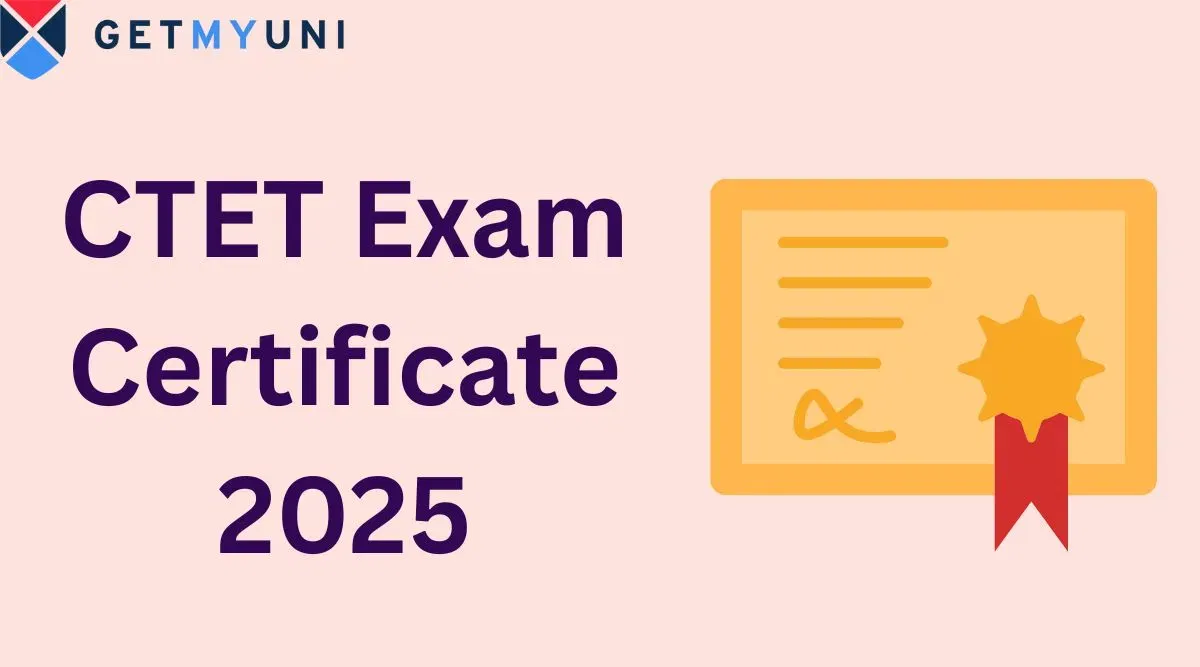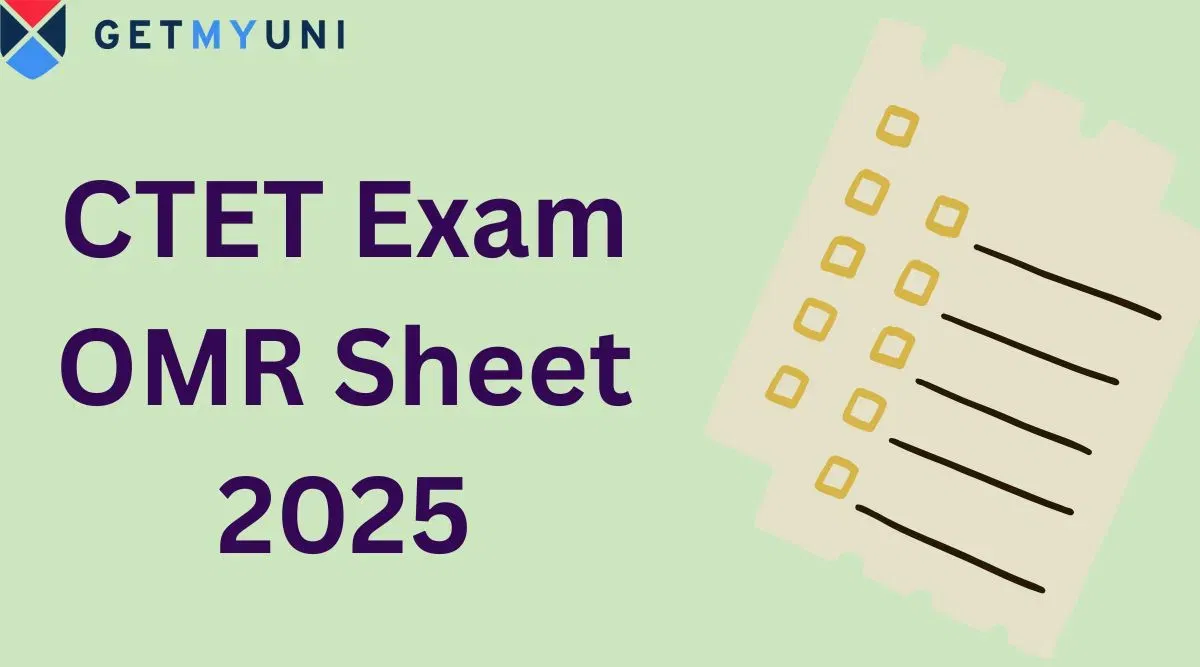SLET Exam 2024: State Level Eligibility Test is a recruitment exam conducted for the post of Assistant Professor in Universities, Colleges, and Institutions. The students can check the syllabus, application details, eligibility criteria, exam pattern and more.
SLET Exam 2024: The State Level Eligibility Test (SLET) is conducted by the National Testing Agency (NTA) on behalf of the University Grants Commission (UGC) to determine an Indian (Indian Nationals) student's eligibility for colleges and universities. The test also tracks the participants' meeting of minimum standards for teaching/research roles.
Accordingly, the UGC conducts the test as a litmus test for Assistant Professor positions in subjects such as Humanities and Social Science. In response, many other states opted to conduct their tests similar to the SLET. We've provided you with additional details regarding the SLET Exams and how they're conducted in various states. Let's take a look at them.
SLET Exam 2024: Overview
The State-Level Eligibility Commission conducts the state-level eligibility test for assistant professor positions in universities, institutions, and colleges. The exam was held on March 17, 2024, and the results are yet to be announced - it is tentatively dated on the last week of July 2024. The students can check the overview of SLET exam 2024 from the table mentioned below.
| Particulars | Details |
| Name of exam | State-Level Eligibility Test (SET), 2024 |
| Type of exam | State-level eligibility test for Asst. Professor |
| Level of exam | State-Level |
| Date of exam | March 17, 2024 (Sunday) |
| Exam Type | Written exam |
| Mode of exam | Offline |
| No.of. question papers | 2 |
| No.of.questions | 150 (Paper 1: 50+ Paper 2: 100) questions |
| Maximum marks | 300 (Paper 1: 100+Paper 2: 200) marks |
| Exam duration | 3 Hours |
| Negative marking | No Negative marking |
| Mode of application | Online |
| Official website | www.sletne.org |
1. Karnataka State Eligibility Test (KSET)
The Karnataka State Eligibility Test (KSET) has been recognized by the UGC as an entry barrier to the Assistant Professor role since 2010. Aspirants who have qualified in an earlier KSET Exam are not allowed to take the same exam again. Attempting to reappear for the exam would mean the candidate will be rejected and de-notified.
In the next bits, we'll take a look at their syllabus, their eligibility criteria, how much their application fee is, what the exam pattern is, and what the marking scheme is.
- KSET Exam Syllabus
- KSET Exam Eligibility Criteria
- KSET Exam Application Fee
- KSET Exam Pattern
- KSET Exam Marking Scheme
KSET Exam Syllabus
Since KSET is meant to test aspirants who want to become Assistant Professor, the syllabus can be heavy. We've drafted a table that contains a list of all the syllabi for the KSET exam.
| General Paper | Library and Information Science | Mathematical Sciences |
| Commerce | Chemical Sciences | Linguistics |
| Kannada | Psychology | Performing Arts |
| Economics | Social Work | Environmental Sciences |
| English | Criminology | Home Science |
| Political Science | Law | Electronic Science |
| History | Sanskrit | Earth Sciences |
| Sociology | Physical Education | Archaeology |
| Geography | Folk Literature | Anthropology |
| Hindi | Urdu | Marathi |
| Management | Public Administration | Philosophy |
| Tourism and Administration | Computer Science and Application | Women Studies |
| Education | Physical Sciences | Life Sciences |
| Mass Communication and Journalism | - | - |
KSET Exam Eligibility Criteria
If anyone ever told you being a professor is easy, show them the eligibility criteria. Unfortunately, gaining admission to KSET isn't easy.
To write KSET, you'll be required to meet the following criteria:
- General candidates must score a minimum of 55% (50% for other categories) in their Master's Degree or an equivalent exam.
- Master's Degree holders who finished their Master's on or before September 19, 1992, are eligible for a 5% mark relaxation in the KSET exam (reducing the minimum to 50% for General candidates and 45% for others).
KSET Exam Application Fee
The application fee for the KSET exam is different for each category. They have been tabulated in the following table for your perusal.
| Category | Fee Amount (In INR) |
| General | INR 1,050 |
| Category - IIA, IIB, IIIA, IIIB | INR 850 |
| Category - SC, ST, PWD (PH/VH) | INR 550 |
KSET Exam Pattern
The KSET exam pattern consists of two papers. KSET Paper I tends to focus on the candidates' aptitude, where they are tested on Reasoning Ability, Comprehension, Divergent Thinking, and General Awareness. KSET Paper II is usually based on the subjects selected by the candidate during the elective process. Both papers are composed largely of MCQs and are conducted as Computer-Based Tests.
Below, you'll find the number of questions asked for each paper, the marks allocated to each of them, and how much time it is expected to take to finish the papers.
| KSET Paper | Questions | Marks Allocated | Duration |
| I | 50 | 100 | 1 hour (9.30 - 10.30 am) |
| II | 100 | 200 | 2 hours (11.00 am - 2.00 pm) |
KSET Exam Marking Scheme
In total, 300 questions were asked in the KSET examination. That is divided between the two parts of the exam: Paper I contains 100 questions, and Paper II contains 200. For each correct answer you provide, you get 2 marks. No points are awarded if you give either wrong or half-correct answers.
2. Telangana State Eligibility Test (TS SET)
Conducted by Osmania University in Hyderabad, the main purpose of the Telangana State Eligibility Test (TS SET) is to recruit eligible lecturers/assistant professors after the test. The State Government and the Union Territories were given the option to conduct their own tests for eligibility in state-level lectureships.
- TS SET Exam Syllabus
- TS SET Exam Eligibility Criteria
- TS SET Exam Application Fee
- TS SET Exam Pattern
TS SET Exam Syllabus
Candidates benefit from knowing the TS SET Exam syllabus, and they also get to practice the previous year's question papers that cover these topics. Below, you will find the TS Set exam syllabus tabulated for your perusal.
| General | Life Sciences | Political Science |
| Geography | Journalism and Mass Communication | Psychology |
| Chemical Sciences | Management | Public Administration |
| Commerce | Hindi | Sociology |
| Computer Science and Applications | History | Telugu |
| Economics | Law | Social Work |
| Education | Mathematical Sciences | Environmental Studies |
| English | Physical Sciences | Linguistics |
| Earth Science | Philosophy | Sanskrit |
| Library and Information Science | - | - |
TS SET Exam Eligibility criteria
The general category candidates must have scored a minimum of 55% or equivalent CGPA in their postgraduate examination. For other categorized or reserved candidates, such as the BC/SC/ST/PwD/Transgender class, the score percentage is reduced to 50%.
TS SET Exam Application Fee
The exam application fee can differ for each category, so we've grouped the fees according to their respective categories. The TS SET application fees are tabulated below.
| Category | Application Fee Amount (In INR) |
| General/OC | INR 1,100 |
| BC | INR 880 |
| SC/ST/PH/VH/Transgender | INR 550 |
TS SET Exam Pattern
In the table below, we've mentioned the subjects that each paper would deal with, the number of questions you'd deal with, and the marks allocated for them. Also, be sure to note that these are computer-based tests, and their duration is also provided as a point of reference.
Below are the TS SET exam pattern
| TS SET Paper | Subjects | Questions | Marks Allocated | Duration |
| I | General on Teaching and Aptitude | 50 | 100 | 1.30 hrs |
| II | Depth on questions | 100 | 200 | 2.30 hrs |
Note: Both Paper-I and Paper-II exams are Computer-Based Tests
3. Madhya Pradesh State Eligibility Test (MP SET)
The Madhya Pradesh State Eligibility Test is conducted by the Madhya Pradesh Public Service Commission (MPPSC). It acts as a recruitment exam for the role of Assistant Professors/Lecturers.
This section will explore MP SET, what their syllabus is, the criteria involved, the fees involved, and what the pattern is like.
- MP SET Exam Syllabus
- MP SET Exam Eligibility Criteria
- MP SET Exam Application Fee
- MP SET Exam Pattern
MP SET Exam Syllabus
Compared to the other exams, the MP SET exam's syllabus isn't full of material to study.
Here are all the subjects involved in the MP SET syllabus.
| Sanskrit | Geography | Commerce |
| Hindi | Psychology | Physical Sciences |
| English | Political Science | Library and Information Science |
| Economics | Law | Mathematical Science |
| Sociology | Chemical Science | Physical Science |
| History | Life Science | - |
MP SET Exam Eligibility Criteria
You must meet certain criteria to write the MP SET exam. Ensure that you pass it before proceeding with your application.
The candidate must have completed their Master's program with a minimum of 50% pass percentage and graduated from a UGC-recognised university or institute. The exam has no age limit, so anyone of any age can apply.
MP SET Exam Application Fee
The application fee amount for various categories is listed below. Candidates are requested to pay the application fee before the first week of the month of the payment commencement. The pricing is based on the category that the candidate falls under; general category candidates must pay INR 1,000, whereas other candidates must pay INR 500.
MP SET Exam Pattern
The exam pattern for various subjects under the MP SET Exam is tabulated below.
| MP SET Paper | Subjects | No of Questions | Marks Allocated | Time Duration |
| Paper-I | General | 50 | 100 | 1.15 hrs |
| Paper-II | Subject Paper | 50 | 100 | 1.15 hrs |
| Paper-II | Subject paper in-depth | 75 | 150 | 2.30 hrs |
4. Assam State Eligibility Test (SET)
The Assam SET (State Eligibility Test) is conducted by the SLET Commission, Assam (N.E. Region). Candidates who complete Assam SET are eligible to become assistant professors. However, there is no upper age limit for applying for eligibility for Assistant Professors.
- Assam SET Syllabus
- Assam SET Eligibility Criteria
- Assam SET Exam Application Fee
- Assam SET Exam Pattern
Assam SET Syllabus
Candidates who successfully qualify for the SLET exam will be considered eligible for the Assistant Professor post. Therefore, check out the complete syllabus for SET, Assam, in the table below:
| Assamese | English | Economics |
| Law | Persian | Arabic |
| Bodo | Commerce | Philosophy |
| Education | History | Environmental Science |
| Computer Science | Mathematical Science | Life Science |
| Physical Science | Chemical Science | Political Science |
| Sociology | Sanskrit | Geography |
| Manipuri | Anthropology | Bengali |
| Hindi | - | - |
Assam SET Eligibility Criteria
For SET Assam, the eligibility criteria are quite elaborate and specified. Any aspiring candidate has to abide by the following to appear for the exam:
- Candidates from the general category must secure a minimum of 55% in Master's Degree or equivalent examination from Universities/institutions recognized by UGC. However, in the (SC)/ (ST)/ (PWD)/ (OBC) belonging to non-creamy layers who have secured at least 50% marks (without rounding off) in a Master's degree or equivalent examination are eligible to appear in the Test.
- Candidates belonging to the third gender, in other words, transgender, would be eligible to receive the same fee, age, and qualifying criteria relaxation as those available to SC/ST/PWD Categories. The subject-wise Cut-offs for this category should be the lowest among those for SC/ST/PWD/OBC (NCL) categories in the corresponding subject.
Assam SET Exam Application Fee
The application fee differs for each category; hence, we have listed the Assam SET exam fee accordingly.
| Category | Fee Amount (In INR) |
| General | INR 1,200 |
| OBC (Non-creamy layer)/ EWS | INR 1,050 |
| SC/ST | INR 1,000 |
| PWD | INR 800 |
Assam SET Exam Pattern
In total, 150 questions were asked in the Assam SET examination. The Assam SET exam consists of two papers, i.e., Paper I contains 50 questions, and Paper II contains 100. For each correct answer, 2 marks are rewarded. However, there is no negative marking for incorrect answers.
| Assam SET Paper | Questions | Marks Allocated | Duration |
| I | 50 | 100 | 1 Hour (10.00 A.M. - 11.00 A.M.) |
| II | 100 | 200 | 2 hours (11.30 A.M. - 1. 30 P.M.) |










